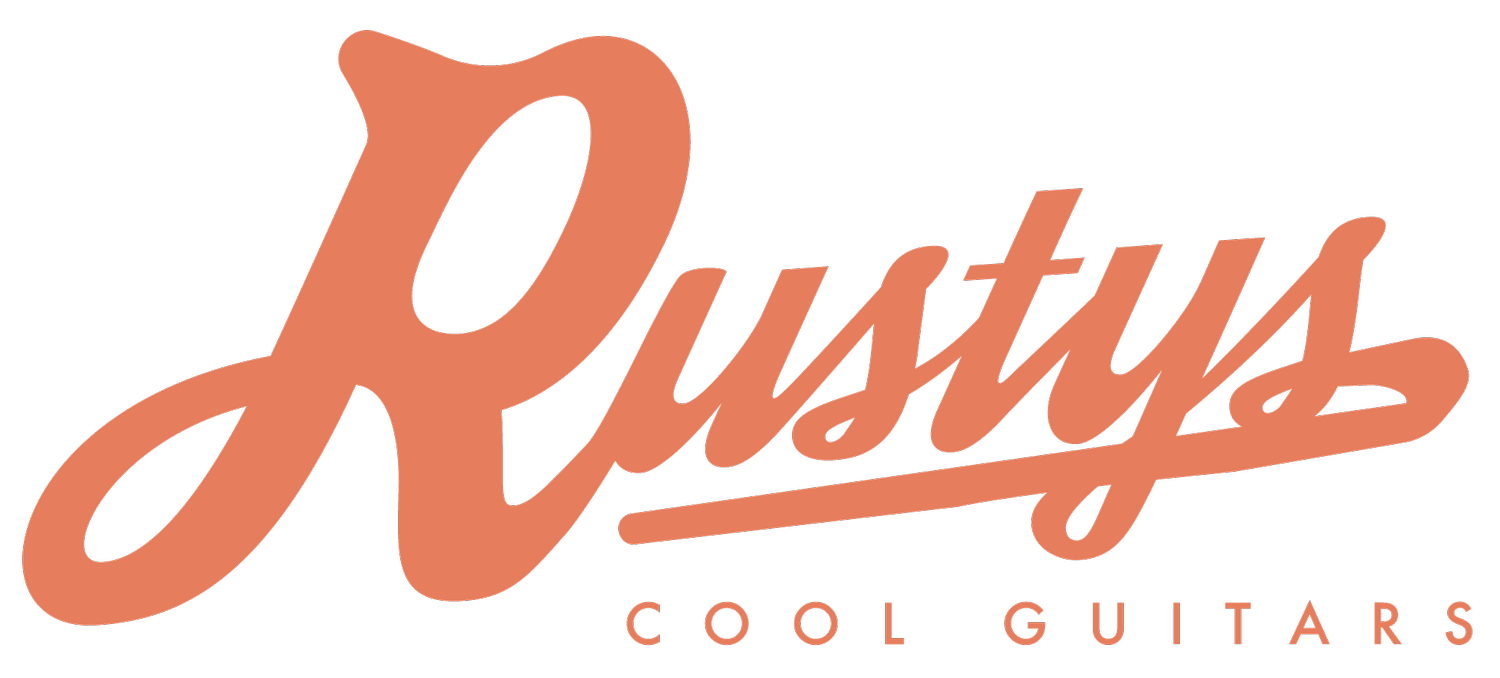Playing Out
As a working musician you need to be prepared for anything at your gig. Being well prepared and packing efficiently for the job is key to enjoying the opportunity you have to perform and share your music. As a musician who has worked from Nashville to San Francisco and been playing shows for the better part of 30 years I have a few things I have for the jobs I do musically. We can think of these as three different parts of your gear for the gig: your mental preparation, your gear preparation and your professional preparation.
It all starts with being asked to play for some one: a venue, your place of worship, a party, etc.
Practice for the gig.
You need to have music selections in your hands, under your fingers and ready to perform without hesitation. Spend time knowing all the parts of your songs, your setlist, and any keys or song changes your band mates have worked into the music. 90% of the show happens at home in learning, practicing and knowing the material you intend to play. With a solid knowledge of the tunes you’re going to play you can then focus on what you need to take for the gig.
Pack for the gig.
You don’t need a 4x12 cab and 100W head for most coffee shop gigs. You probably don’t need four guitars for a 45 minute show. Some common sense goes a long way. If you’ve never been to the venue you’re playing use online resources to see what the load in and parking area looks like. Bringing what you need in the simplest form is always best. I have some road rules for shows outside of where I live but for now we’re going to consider what to bring for a local gig at a brewery.
You’ve been hired as a solo musician for the afternoon crowd. What you bring should be something you’re comfortable using, carrying to/from car to locations and reliable. Your guitar, a solid strap, tuner, cables, pedalboard, etc. should all be in reliable gig worthy shape. An extra set of strings, back up cable, batteries, mic and mic stand stowed in the boot of your car can be lifesavers when your normal gear fails during a gig. You bring what you need to get the show done. An example of what I would pack for this type of show includes:
PA- sound column or powered speaker with a tripod stand are good options for a soloist or even duo.
Music Stand/Ipad holder these are practical ways to get your music notes/notation to the gig and in an easy to use format for you.
Small Mixer-a 4-8 channel mixer for vocals, guitar and any other instrumentation or even background music for breaks.
Guitar and extra strings, cables, capo, picks, straps.
Tip jar/Venmo QR code-pay always makes the gig more fun.
Mic and Guitar stand
If you’re in a band you may be bringing an amp and your pedalboard or other instrumentation and again you should pack accordingly. I have invested in a hand cart that affords me enough space to get my PA, mixer, cable bucket and board in one trip to the venue. This is much easier than multiple trips to the car to retrieve items and it keeps all of my gear in front of me during load in/out.
Lastly, reach out to a contact at the venue and ask questions about load in/out, when to expect payment, parking concerns or any other pertinent questions relating to the gig including attire.
Pack your Professionalism
You’re at the gig and ready to set up and make music. Remember to be a professional at all times. This means arriving on time and acting like you’ve been there before. Everyone likes to be treated with fairness and respect. This includes interacting with the staff at the venue and the patrons. Anticipate patrons asking what kind of music you’re playing. Be ready for things to not go as planned i.e. your cable is making a bad noise when kinked a certain way during soundcheck. Check your connection and if you brought a back up, switch to it. If you are provided an engineer communicate clearly with what you need to hear and be reasonable and polite. Maintain your composure through this as you would if you forgot the words to a song. Move on and keep playing. When you make a scene over it then it becomes an issue. There are many other opportunities to not get called back to a place to play again, do your best to minimize this by being professional and responsible when performing. I’ve made many good connections with folks by being my sincere self when performing and meeting them for the first time.
By being prepared musically I can provide the best performance for my client. By being prepared with the proper rig for the gig I can make a lasting impression of being efficient, entertaining and appearing experienced. By maintaining a friendly posture through the time I arrive until I leave a gig I put my best foot forward and often get call backs from the client. These are guidelines but the best instruction is through playing as many gigs as possible to learn from the experiences they provide.
